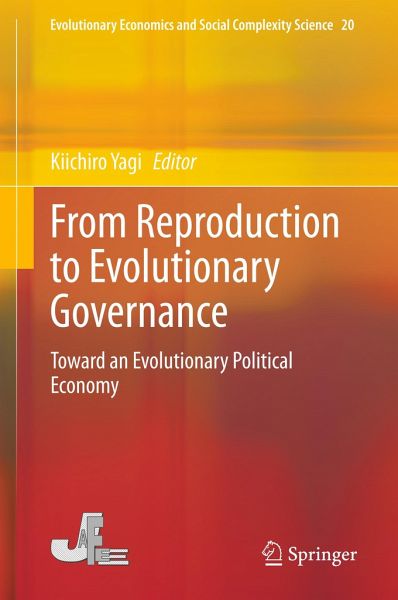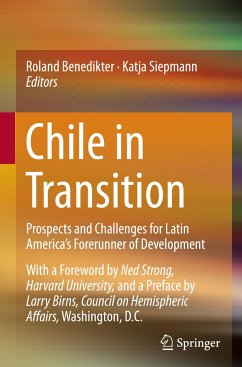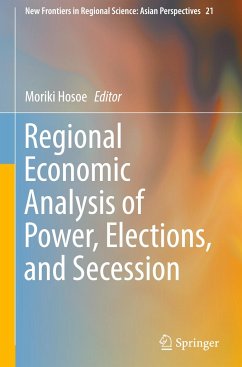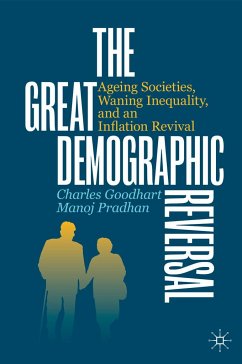
From Reproduction to Evolutionary Governance
Toward an Evolutionary Political Economy
Herausgegeben: Yagi, Kiichiro

PAYBACK Punkte
42 °P sammeln!
This book combines modern evolutionary economics and classical political economy. Modern evolutionary economics with its pluralistic and contingent view of reproduction does not presuppose equilibrium or harmonious reproduction. A society that consists of multiple agents needs to establish an order from the interactions of those agents. The book introduces a normative and a practical dimension where mutual justification occurs through the act of exchange. Mutual justification ultimately leads to the emergence of social and economic order, an approach that the author dubs "approval theory." The...
This book combines modern evolutionary economics and classical political economy. Modern evolutionary economics with its pluralistic and contingent view of reproduction does not presuppose equilibrium or harmonious reproduction. A society that consists of multiple agents needs to establish an order from the interactions of those agents. The book introduces a normative and a practical dimension where mutual justification occurs through the act of exchange. Mutual justification ultimately leads to the emergence of social and economic order, an approach that the author dubs "approval theory." The division of labor proceeds alongside the emergence of money and capital, and the book discusses the dual structure of the real and financial economy that is the consequence. It then interprets collective action using the twin concept of voice and exit and proposes the concept of evolutionary governance to explain the politico-economic aspects of the social economy.
As such, this book shows the promising direction in which the modern political economy is now proceeding, in accordance with the contingent process of evolutionary reproduction. Further, two collaborating authors supply a game-theoretical interpretation of approval theory and an exploration of the evolution of dynamical systems, respectively.
As such, this book shows the promising direction in which the modern political economy is now proceeding, in accordance with the contingent process of evolutionary reproduction. Further, two collaborating authors supply a game-theoretical interpretation of approval theory and an exploration of the evolution of dynamical systems, respectively.












